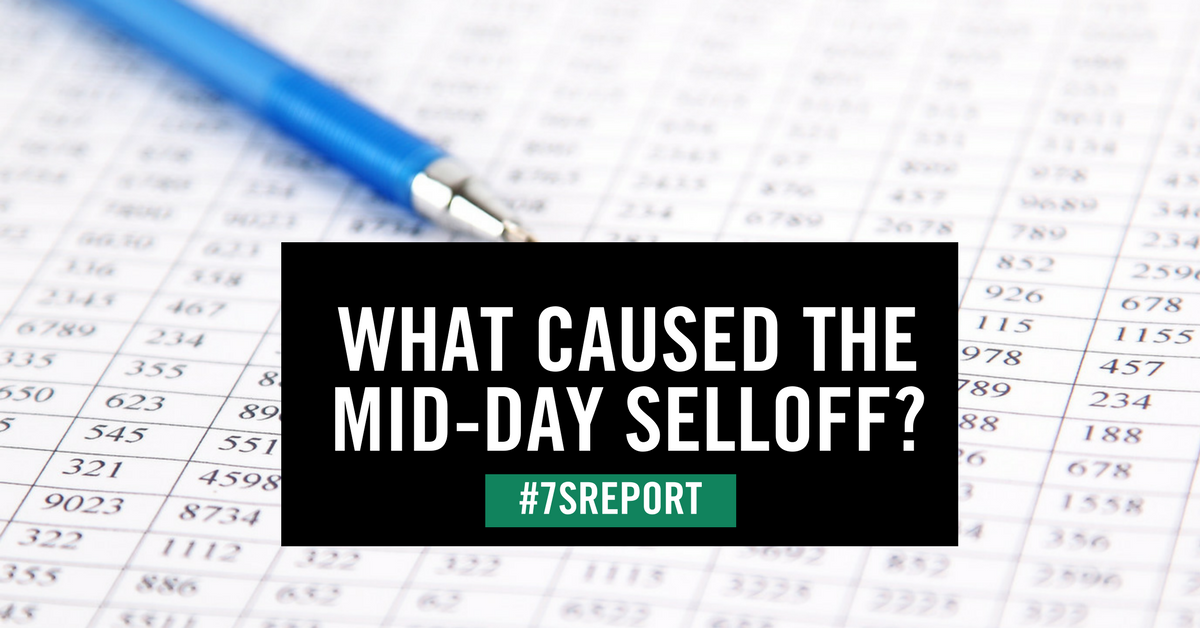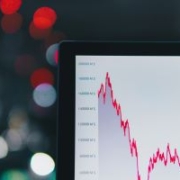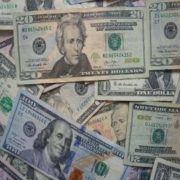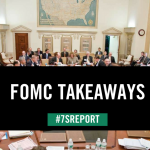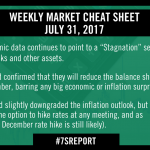What Caused The Mid-Day Selloff?
Join hundreds of advisors from huge brokerage firms like Morgan Stanley, Merrill Lynch, Wells Fargo Advisors, Raymond James and more… see if The Sevens Report is right for you with a free two-week trial.
The most likely “cause” of the midday reversal and selloff (which frankly looked ugly for an hour or so) was a cautious report from JPM quant analyst Kolanovic, and the reasons it caused a dip are twofold. First, Kolanovic is very respected on the Street, and he was one of the first analysts to correctly identify the role of “Risk Parity” funds in the violent market declines of August 2015.
Second, he outright suggested investors hedge equity exposure.
Now, to be clear, it wasn’t a bearish report, as he did note there are strong, positive fundamental factors supporting stocks including a rising economic tide and growing earnings.
However, he made the point that, in his opinion, market volatility is now at an all-time low. The specific accuracy of this claim can be debated, but let’s all agree market volatility is close to, if not at, all-time
lows.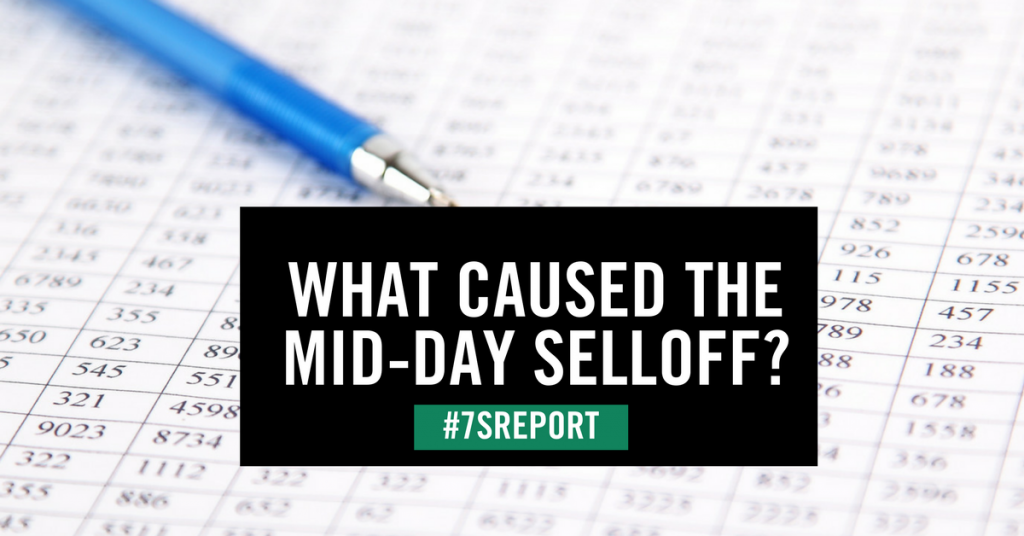
The all-time lows in volatility have caused funds to use increasingly leveraged strategies to generate outsized returns. Selling volatility options is one of the simplest leveraged strategies, but the point is this: Quant funds and traders will ratchet-up leverage in low volatility environments to increase returns amidst perceived lower risk. And, since volatility is at or near all-time lows (and has been for some time) these leveraged strategies are both abundant and large.
And, this all-time low volatility and explosion of leveraged strategies is coming right at a time when global central banks are reducing monetary accommodation for the first time in, well, a decade.
So, while the analogy of fireworks sitting on top of a powder keg is a bit over the top, it does illustrate the general idea behind Kolanovic’s caution.
Bottom line, in my opinion, this report by itself isn’t a reason to materially de-risk, as the same argument could have been made about this market over the past few months (as it’s made new highs). But, Kolanovic is a smart guy, so his caution should be noted.
Finally, two anecdotal points. First, I believe what really spooked markets yesterday was that Kolanovic referenced this current set up as being similar to “Portfolio Insurance,” a strategy that failed miserably and contributed to the crash of 1987. Obviously, that’s not an uplifting analogy.
Second, for those of us watching the tape yesterday, the mini-freefall we saw in tech and specifically SOXX and FDN, was a bit unnerving. Things steadied, but the pace of the declines midday yesterday was a bit scary. That tells me these are very, very crowded trades, and I am going to have a “think” on potentially lightening up some exposure to that tech sector in favor of shifting it internationally (Europe, Japan, and perhaps emerging markets). Food for thought.
Getting back to the markets today, the Employment Cost Index is the key number to watch. If it’s hot, we could see yields rise, and that might pressure stocks mildly. Meanwhile, a soft reading will send yields lower and likely push stocks higher short term. Inflation remains a much more important influence on the markets right now than measures of economic growth.
Time is money. Spend more time making money and less time researching markets every day—start your free trial of the Sevens Report now.
